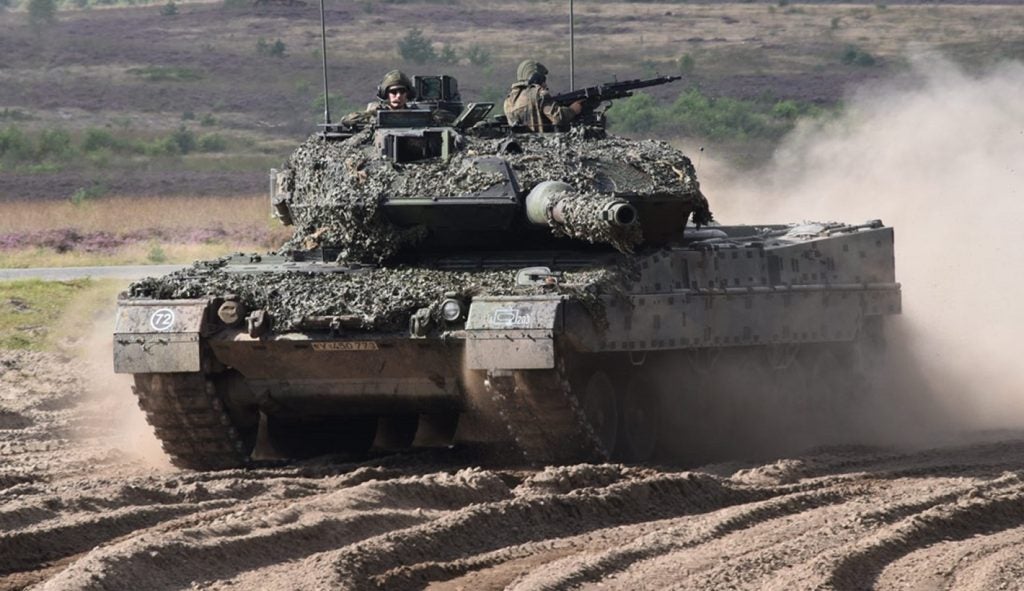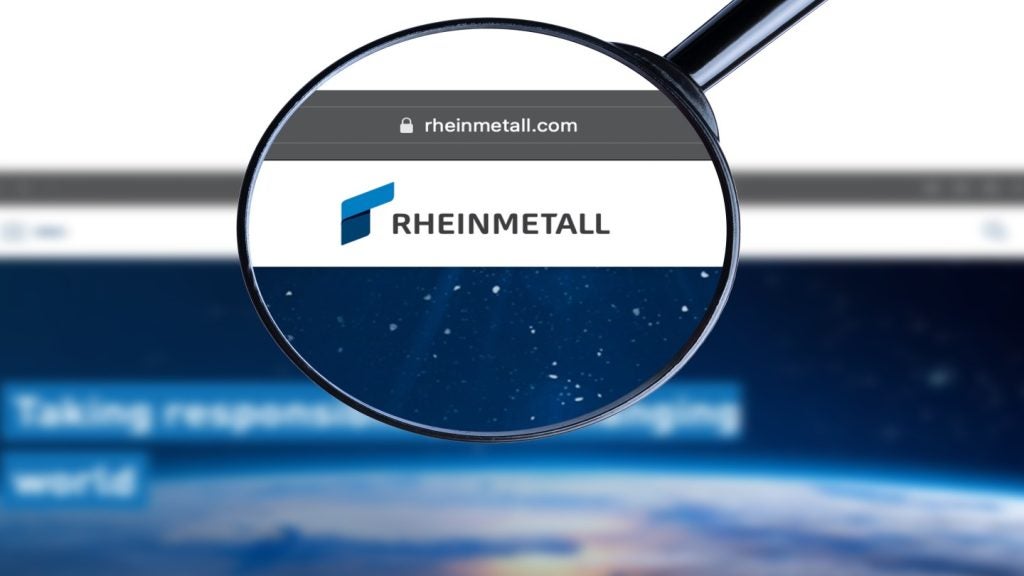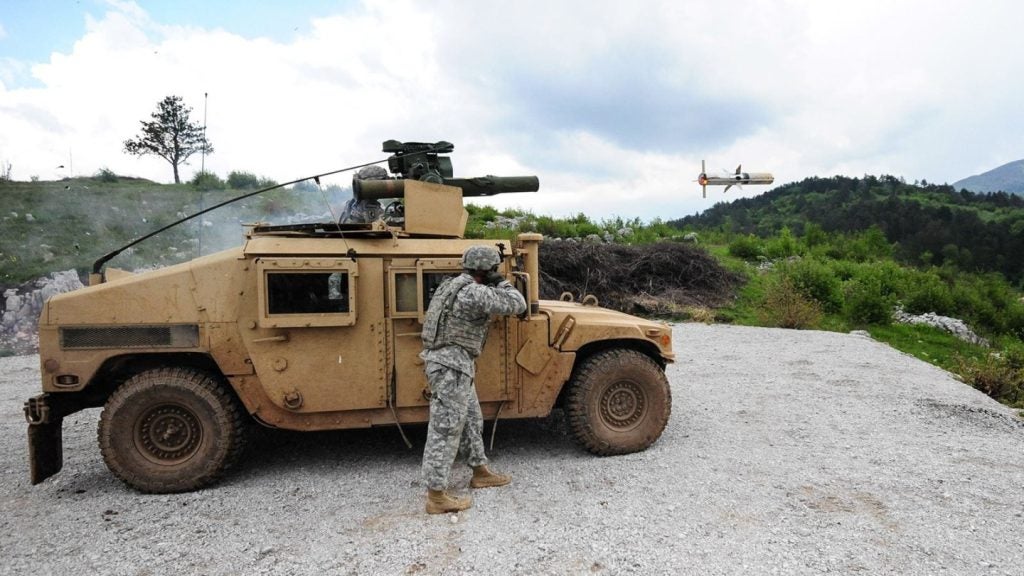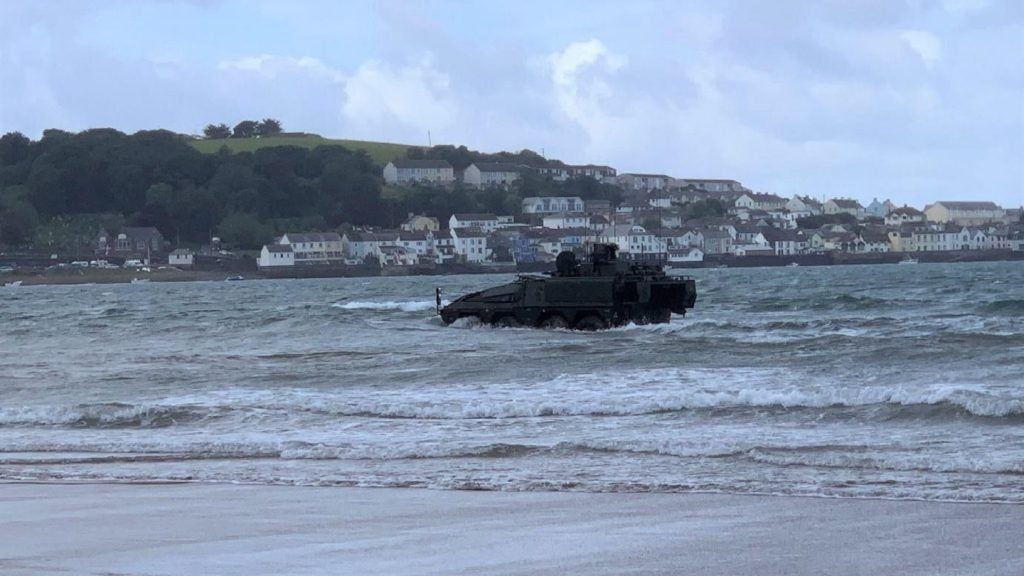Harris and L3 Technologies have completed their all-stock merger deal to form a large-scale global defence and aerospace company with a wide range of capabilities.
Known as L3Harris Technologies, the combined entity has around $17bn in revenue and 50,000 employees.
How well do you really know your competitors?
Access the most comprehensive Company Profiles on the market, powered by GlobalData. Save hours of research. Gain competitive edge.

Thank you!
Your download email will arrive shortly
Not ready to buy yet? Download a free sample
We are confident about the unique quality of our Company Profiles. However, we want you to make the most beneficial decision for your business, so we offer a free sample that you can download by submitting the below form
By GlobalDataHeadquartered in Melbourne, Florida, it is said to be the sixth largest defence company in the US and a top ten defence company globally.
The completion of the merger transaction comes after Harris and L3 secured all necessary regulatory approvals.
Last month, the US Department of Justice gave conditional antitrust approval to the deal. The body mandated Harris and L3 to divest the former’s entire night vision business, including its manufacturing facility in Roanoke, Virginia.
The settlement proposal was made after the department’s Antitrust Division filed a lawsuit to block the merger. The lawsuit alleged that the combination of Harris and L3 would harm competition.
The antitrust authorities expressed concerns that the dominant position held by Harris and L3 as the only suppliers of US military-grade image intensifier tubes would eliminate competition if appropriate mitigation steps were not implemented.
Image intensifier tubes are used in night vision devices purchased by the Department of Defense (DoD).
Subsequently, the division opined that the divestiture of Harris’s night vision business would help preserve the competition in the segment.
Harris reached an agreement in April to sell its night vision business to Elbit Systems of America in a deal valued at about $350m.
L3Harris chairman and CEO William Brown said: “We’ve created an agile technology provider with the scale, resources and capabilities to provide affordable, innovative and rapidly fielded solutions to address our customers’ critical mission needs.
“Each member of our Board and leadership team brings decades of experience, and I look forward to working with them to capture the targeted synergies and create significant value for our shareholders.”
L3Harris will have four business segments, comprising Integrated Mission Systems, Space and Airborne Systems, Communication Systems, and Aviation Systems.
The first business segment, Integrated Mission Systems, will include intelligence, surveillance and reconnaissance, as well as advanced electro-optical, infrared solutions, maritime power and navigation.
Space and Airborne Systems will consist of space payloads, sensors and full-mission solutions, classified intelligence, cyber defence, avionics and electronic warfare.
The third will comprise tactical communications, broadband communications, night vision and public safety.
The last segment will focus on defence aviation products, security, detection and other commercial aviation products, as well as air traffic management and commercial and military pilot training.
L3Harris vice-chairman, president and COO Christopher Kubasik said: “Our seasoned segment leaders and mission-focused operating structure will enable us to leverage our broad range of capabilities and complementary technologies to deliver advanced solutions and capture opportunities across multiple domains.”
The companies also secured European Union approval for the merger.
Last month, another major US defence firm Raytheon inked a merger agreement with United Technologies to create a defence behemoth.








